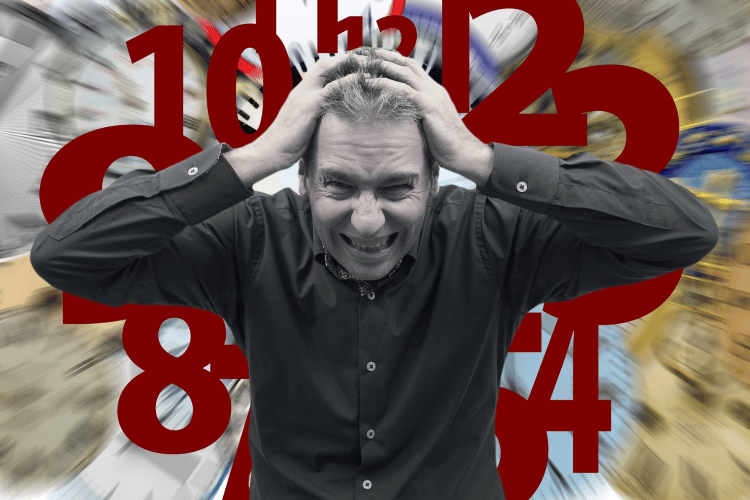
Supplements For Anxiety
Thankfully, discussions about mental health disorders are getting more common. They impact so many people in so many different ways, and anxiety is one of the most significant ways people are suffering. Anxiety can interfere with your enjoyment of life, it can disrupt work, impact relationships, and affect your self-perception.
So we had a chat with Terri Bowman from Brain Wellness Spa in Perth who says that diet can play a significant role in helping relieve anxiety, and in particular some herbs and supplements. Here are the top 5 she recommends.
Table of Contents
Herbs & Supplements for Anxiety:
Passionflower: A natural supplement for anxiety
Passionflower is said to create a calming effect in the brain. It is a herb native to the southern areas of the United States and South America and has been used for centuries for its calming and sedative qualities. It can be taken as a tea, a tincture or as an extract, and is best taken before bedtime as it does promote drowsiness and sleep.
Kava Root: A natural supplement for anxiety
Kava root has been used for thousands of years by Pacific Islanders. There has been a lot of research into it now as a treatment for anxiety, and the results have shown that the effects of kava include mild sedation, muscle relaxation, and improved cognitive ability. So you may find it useful if anxiety is starting to getting in your way and impact your life. Kava root can be taken as a tea, but can also be found in tablet form now.
As with anything you’re taking for medicinal reasons, you should check in with your health care professional. In the past, the use of kava had been linked to liver damage, and while this idea has now largely been debunked it is still advised to avoid alcohol altogether while taking kava.
Lemon Balm: A natural supplement for anxiety
Lemon balm is linked to the ancient wisdom of the Greeks, when it was used to promote sleep, ease agitation, and relieve anxiety. A recent study demonstrated that lemon balm extracts were useful in relieving the symptoms of anxiety by binding to the receptors in the brain that triggered relaxation and improved calmness and attention. Lemon balm can be taken as a tea, as a capsule or as a tincture.
Magnesium: A natural mineral for anxiety
A deficiency in magnesium has been found to contribute to several mental health problems, including anxiety. In fact, it is involved in over 300 chemical reactions in the body. Magnesium deficiency is on the rise due to a lower level of magnesium found in our foods (because of magnesium-depleted soil), and it’s also interesting to note that magnesium is used up by our bodies at a much quicker rate during periods of extreme stress.
A magnesium supplement may not be a cure for anxiety, but taking magnesium where there is a deficiency may help to improve the symptoms of anxiety. Magnesium supplements can be taken orally or can be applied topically using magnesium oil.
Valerian Root: A natural supplement for anxiety
Records show that the Valerian root was first used in ancient times by Greeks and Romans as a treatment for insomnia. It contains specific acids that increase the production of GABA in your body, which promotes relaxation. This makes it a great way to reduce feelings of stress. You can find valerian root in capsule form, or it can be taken as a tea.
If you’re struggling with feelings of anxiety, these herbs and supplements might be worthwhile trying. As with any medicinal herb or supplement, consult with a health care professional for further advice and always use them in accordance with the instructions and dosage amounts – improper use, or combining too many at one time, may have negative effects. And of course, if you’re already taking prescribed medications, make sure you discuss these with your doctor before you start taking any new supplements too.
Anxiety can feel debilitating and it can be isolating. It’s important to know though that you don’t have to go through it alone. Support from a qualified health care professional is often key to recovery, so it’s a good idea to reach out and set yourself up with ongoing support and advice through your recovery process.











